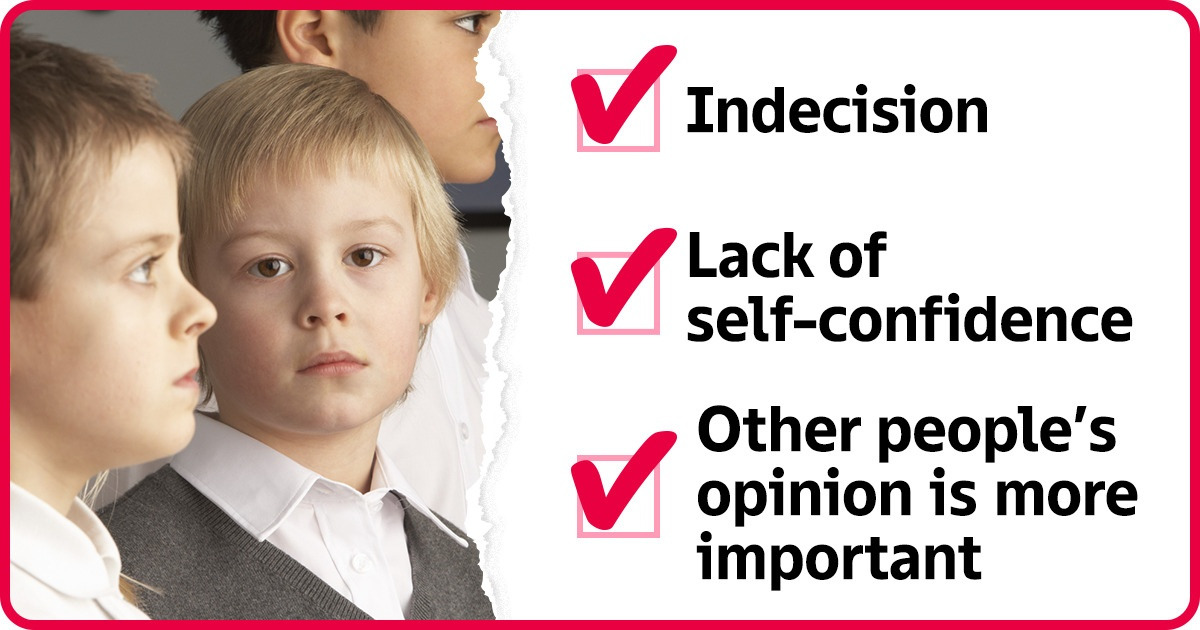A Simple Definition of Solomon Syndrome in Children, and How to Avoid It

Very few of us are aware of Solomon syndrome. But this type of behavior is often observed in children and negatively affects their relationships with other people, most often with peers. At the same time, teachers and parents tend to think that it’s not really important, although this syndrome can cause difficulties in a child’s socializing skills in the future.
At CHEERY, we decided to find out what this syndrome and its symptoms are, and how to prevent it.
What is Solomon syndrome?
Solomon syndrome in children refers to the fear of standing out, going beyond the norms of society, and being criticized for this. Low self-esteem and insecurities are key factors for those who suffer from this syndrome. These children are simply afraid to be different from others and don’t like to show their skills to their peers.
This type of behavior is named after Solomon Asch, an American psychologist of Polish origin, who devoted his life to the study of conformity. Conformity is a change in a person’s behavior or opinion under the influence of real or imagined pressure from another person or group of people.
This syndrome is widespread among school children because they are afraid of being the black sheep in their community. After all, it is very important for minors to be accepted by their peers. Therefore, they can go against their own opinion so as not to become outcasts.
Nevertheless, it also happens among adults who can change their behavior to please the majority. Did it happen to you that your colleagues decided one thing, and you thought differently, but kept silent and agreed with the majority?
Solomon Asch’s experiment
In 1951, Solomon Asch conducted an experiment in which he demonstrated the power of conformity in groups. The psychologist asked some students to take part in a test. In fact, all but one of the participants were actors. They deliberately solved some of Solomon’s tasks incorrectly.
As a result, 75% of the real participants followed the erroneous answer of the majority in at least one question. And when these participants were later asked why they had given answers which were similar to those of the majority even though they knew they were wrong, they said that they were afraid to be ridiculed.
Asch said about the results, “That intelligent, well-meaning, young people are willing to call white black is a matter of concern.”
How to understand whether your child has Solomon syndrome?
Usually, children who easily succumb to external pressure are susceptible to conformity. For example, a child tries to have a discussion with someone who thinks differently, but in the end, quickly agrees with them. These children can’t make decisions on their own, claiming that others know better what needs to be done.
Moreover, children with Solomon syndrome often perceive other people’s ideas as their own. And even if they think differently, they accept the opinions of other people and reject their own.
Also, those who suffer from this syndrome often lack self-confidence, and other people’s opinions are more important to them than their own. As a result, they may become anxious thinking that someone can judge or reject them.
The dangers of this syndrome
Imagine a child having the symptoms mentioned above who finds themselves among the more courageous or older children. That’s right, they become very vulnerable and easy to manipulate.
At a younger age, the syndrome manifests itself in low self-esteem, and difficulties in making and defending one’s own decisions. And for teenagers, it’s about the difficulty of making friends and agreeing to do what they’re told if they want to be someone’s “friend,” including violating the law.
How to avoid this syndrome from appearing in children?
If you want your children to become a mature part of society in the future, it’s worth following these recommendations today:
- Listen to your child and value their opinion.
- Praise them for every achievement. As a result, their self-confidence will grow and they will believe in their own ideas.
- Never compare them with other people, this will help them become more independent.
- You should teach them to respect themselves, recognize their strengths and accept their shortcomings.
- It’s important, however, that they remain tolerant toward other people.
- And finally, the best remedy for any child is sincere love and care.
Did you ever happen to agree with someone else’s opinion even though you had a different idea? Tell us about it in the comments below.





